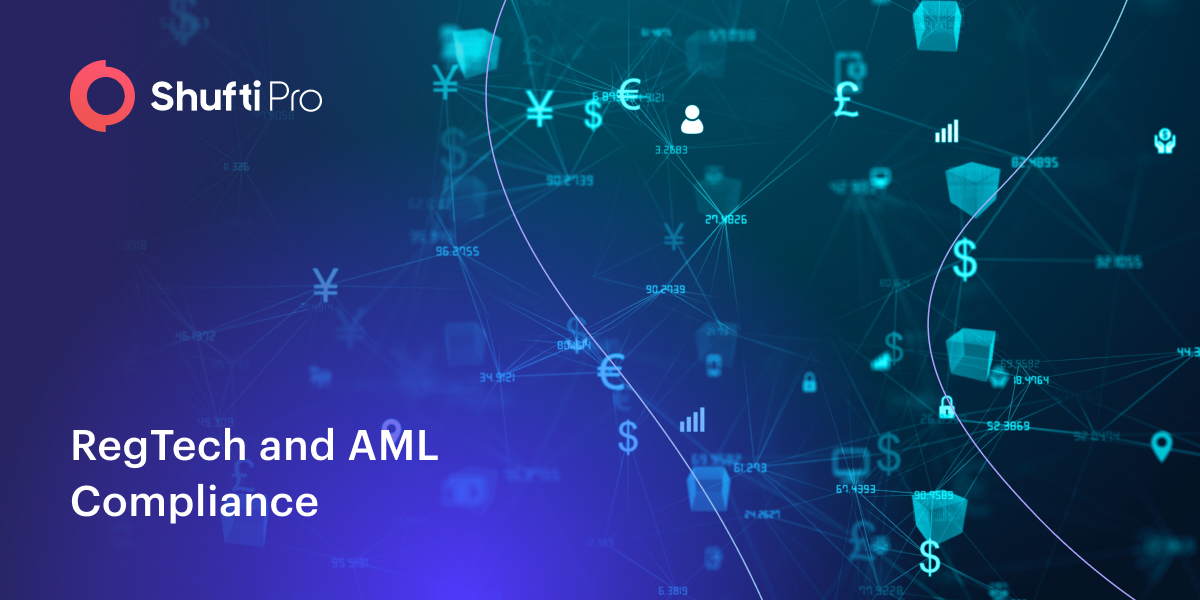The Importance of KYC and AML Compliance in the APAC Region

According to recent studies, over the past three years, more than ever, sanctions have been imposed on APAC financial institutions, with a single bank incurring the most significant fine ever in 2018 at $534 million. To tackle money laundering and the financing of terrorism, the G7 agreed to form the Financial Action Task Force (FATF) in 1989. The organisation has now amassed over 38 members from various countries and regions.
Know Your Customer (KYC) legislation has been enacted in many nations and is obligatory for some firms. Unfortunately, these demands differ from one country to the next. The variations range in size from negligible to extremely large. A company with international operations must be familiar with the local rules and regulations of each country where it does business. A company can only implement a Know Your Customer (KYC) programme that is up to code if it does.
AML and KYC Compliance: A Priority in the Asia-Pacific
The relevance of KYC and AML compliance has grown as APAC regulators continue to shift greater focus towards the fight against financial crime. Countries worldwide, including India, Singapore, the Philippines, Hong Kong, and Australia, are improving.
However, there are obstacles to achieving KYC and AML compliance. Asset managers’ productivity suffers, onboarding times increase, and customers get increasingly irritated.
Industry Challenges
The cost of complying with regulations will rise as strictness increases. For them, some of the most challenging obstacles include:
1. Slow Onboarding Processes
The time required for onboarding a new customer increases as information is verified. Asset managers may need more support, and mandate launches may be postponed. The possibility of clients defecting to rivals is likewise amplified.
2. Never Ending Compliance
Customer onboarding is one of many points at which KYC and AML compliance must be met. Keeping detailed information on each and every one of a company’s customers is a continual process since it is in the company’s best interest to do so. Large companies with thousands of consumers may find this an overwhelming task.
3. Unstandardised KYC/AML
Companies always find a way to work the rules in their favour. Problems can arise when trying to operate in many jurisdictions using a risk-based approach. Non-standard KYC and AML procedures can be challenging in today’s globalised economy, where even sole proprietors sell wares globally.
4. High Costs
Businesses of all sizes are responsible for adhering to anti-money laundering and Know Your Customer regulations. Compliance with local legislation is insufficient for multinational corporations; they must also meet global standards. As a result, compliance expenditures will rise. International financial organisations are estimated to spend between $900 million and $1.3 billion yearly on financial compliance.
Conversely, small businesses needing to comply with domestic regulations may need to establish a compliance department. Their costs will increase significantly as a result of this. Indirect and opportunity costs are other important factors to think about.
5. Non-Digitised Documentation
Most verification materials exist only on paper, even in the modern era. As a result, verifying the data included in these papers is much more challenging. Several novel approaches, such as video verification, have been developed to address this issue, but not all businesses can afford to implement them.
6. Manual Workflow
Most sectors still rely on human intervention to gather and validate AML and KYC compliance data. Paper documentation audits are tedious and prone to error. An oversight could compromise security and compromise compliance standards. It may be difficult for growing businesses to handle an influx of new data because of the manual workflow’s capacity constraints.
8. Repetitive Documentation Requests
The Know Your Customer and Anti-Money Laundering rules are interpreted differently by each bank. Every time a consumer wants a new service, they must provide a new set of paperwork. Clients may be unfairly irritated by the variations in documentation requirements and repair timelines.
9. Data Protection Concerns
Since identity theft has increased, consumers are understandably concerned about securing personal data. They are wary of providing data to strangers, and when they do, they want assurances that it will be secure.
Finding a Solution
The challenges of complying with Know Your Customer and Anti-Money Laundering rules are not optional. Everyone can benefit from outsourcing the work. Give the task of gathering and checking consumer information to a firm that focuses on data quality and identity verification.
This allows the organisation to fully comply with applicable Know Your Customer and Anti-Money Laundering rules while freeing staff time to focus on other, more value-added initiatives. It boosts productivity while cutting expenses. The customer’s sense of security in information is bolstered.
In addition, KYC programs can benefit from the enhanced data quality provided by identity verification organisations. If they discovered, for instance, that a customer’s provided address did not match the PIN code, they could immediately rectify the situation. This guarantees that information is up-to-date, legal, and valid for marketing and sales.
Centralised KYC and AML processes merit another examination. The modern consumer frequently uses the services of multiple companies. That’s because each company would have needed separate proof-of-identity submissions.
Before accepting a new client, each business must verify the submitted paperwork. It’s a tedious and drawn-out procedure. The procedure can be significantly streamlined by centralising rules and having a single agency verify. Customers will only need to provide documentation once.
The agency can keep track of its clients and provide such information to other businesses as needed. It cuts back on time and money in a dramatic fashion. The shortened time required to set up a customer can only benefit business. The compliance regulatory community and the community of financial institutions and asset managers must back this for it to be effective.
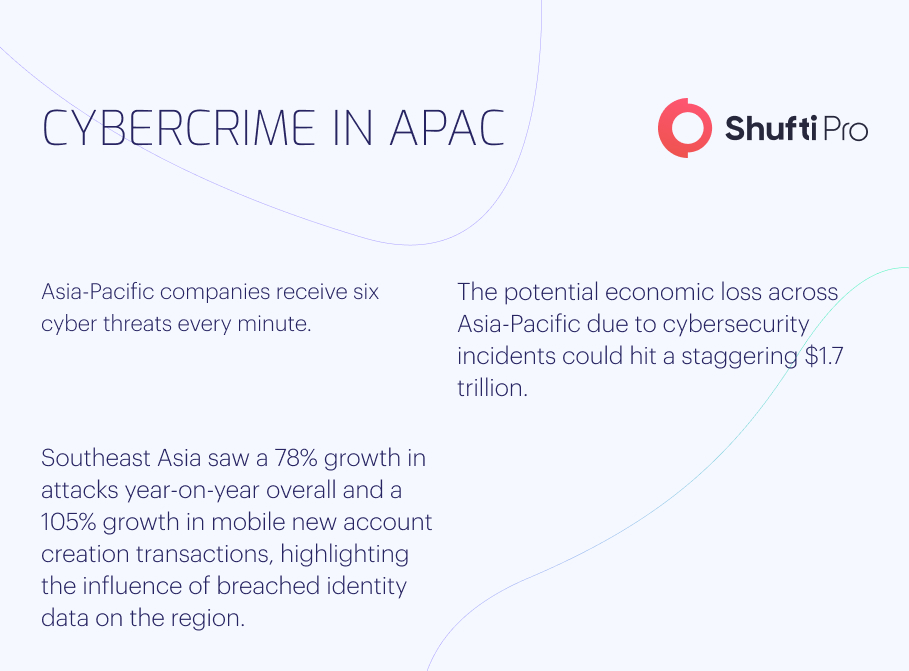
KYC Regulations in the APAC Region
China
According to the Anti-Money Laundering Law of 2006 and subsequent regulations that expanded upon it, all customers of Chinese financial institutions are required to undergo identity verification. Under the legislation, an entity is deemed a “deposit-taking institution” if it accepts deposits. Companies in other sectors, such as casinos and the retail trade of luxury items, must also adhere to the rules.
Japan
The Act on the Prevention of Transfer of Criminal Proceeds, enacted in 2007 and revised in 2011 and 2013, serves as the basis for Japan’s Know Your Customer legislation. The law mandates that a customer’s identity be confirmed by cross-referencing name, address, and date of birth with government-issued identification. Japan’s Financial Services Agency (FSA) enforces Know Your Customer regulations.
India
The Know Your Customer (KYC) regulations in India were first established in the 2005 version of the Prevention of Money Laundering Act 2002 (PMLA), revised in 2012 and 2013. The law mandates that banking institutions verify all clients’ identities and current addresses. For verification, the following are all acceptable forms of identification:
- Driver’s licence
- Passport
- Permanent Account Number Card
- Voter Identity Card
Aadhaar, India’s eKYC system, is being used by several Indian online financial organisations to authenticate customer identities. The Securities and Exchange Board of India (SEBI) regulates investment firms, the Insurance Regulatory and Development Authority (IRDA) regulates insurance companies, and the Reserve Bank of India’s Financial Intelligence Unit (RBI FIU) monitors banks.
Singapore
The Monetary Authority of Singapore (MAS) released a notice in 2007 titled Prevention of Money Laundering and Countering the Financing of Terrorism that lays out the rules for Know Your Customer (KYC) procedures in Singapore.
Every customer’s full name (including any aliases), social security number, residence address, date of birth, and nationality must be verified by financial institutions. Documents and other non-centralised data sources, such as applicable databases, can be checked for accuracy.
Australia
The Anti-Money Laundering and Counter-Terrorist Financing Act was enacted in Australia in 2006. It, along with subsequent laws, lays out what is needed regarding Know Your Customer and customer due diligence checks. In particular, it mandates collecting and verifying customer data before providing financial or transactional services for all firms subject to KYC reporting rules. AUSTRAC is the authority in charge of enforcing the law in Australia.
New Zealand
The Anti-Money Laundering and Financing of Terrorism Act (AML/CFT Act), which became law in 2013, governs Know Your Customer (KYC) rules in New Zealand. Companies under these regulations must get customers’ full names, ages, and addresses. Various government agencies in New Zealand oversee KYC practices.
HongKong
Financial institutions headquartered in Hong Kong are required by law to implement CDD procedures as outlined in the AMLO. By the book:
- Financial organisations must keep client and transaction records.
- Authorities within financial institutions must be given the power to monitor FI and customer compliance with AML/CFT/CDD regulations.
- Real estate transactions, securities and savings management, the formation or management of legal persons, and the purchase and sale of businesses involving Designated Non-Financial Business and Professionals (DNFBP) are subject to AML and CFT obligations (including Know Your Customer and Customer Due Diligence practices).
Philippines
The Philippines is an archipelagic country that presents a high risk for money laundering due to rampant corruption and the country’s enormous cash flow from the thriving Philippine Offshore Gaming Operations and money remittances from Filipinos living abroad, which totalled $31.4 billion in 2021.
The Philippines was included on the FATF grey list in the same year. This implies that the group is closely monitoring the country to see how seriously it takes its pledge to improve its AML regulatory systems.
The Republic of the Philippines has enacted the following laws to combat money laundering and obligate financial institutions and DNFBP to implement proper Know Your Customer (KYC) and Customer Due Diligence (CDD) procedures to identify suspicious transactions. Suspicious transactions under the AMLA are defined as follows:
- Any kind of transaction that has no rational economic basis
- Unidentified and unverified customer transactions
- Transactions where the sum is beyond the client’s or company’s financial means
- Financial dealings that don’t add up to what the client has done before
- Money laundering and other financial crime-related transactions
How can Shufti Help
With robust solutions, Shufti significantly contributes to the APAC region’s AML and KYC compliance. AML screens against 1700+ data sources, including FATF, Interpol, and UN HMT, providing comprehensive screening for sanctions, PEPs, and adverse media with continuously updated watchlist databases. KYC offers advanced behaviour-based anti-spoofing detection, extensive global coverage, multilingual OCR extraction, synthetic identity fraud detection, impenetrable facial authentication, and an intuitive No-Code Verification Journey Builder, simplifying identity verification across 230+ countries. Shufti ensures secure and efficient compliance, making it an invaluable asset for businesses in the APAC region.
Want to learn more about how Shufti’s AML and KYC solutions can elevate compliance processes, offering security and efficiency for businesses in the dynamic APAC market?





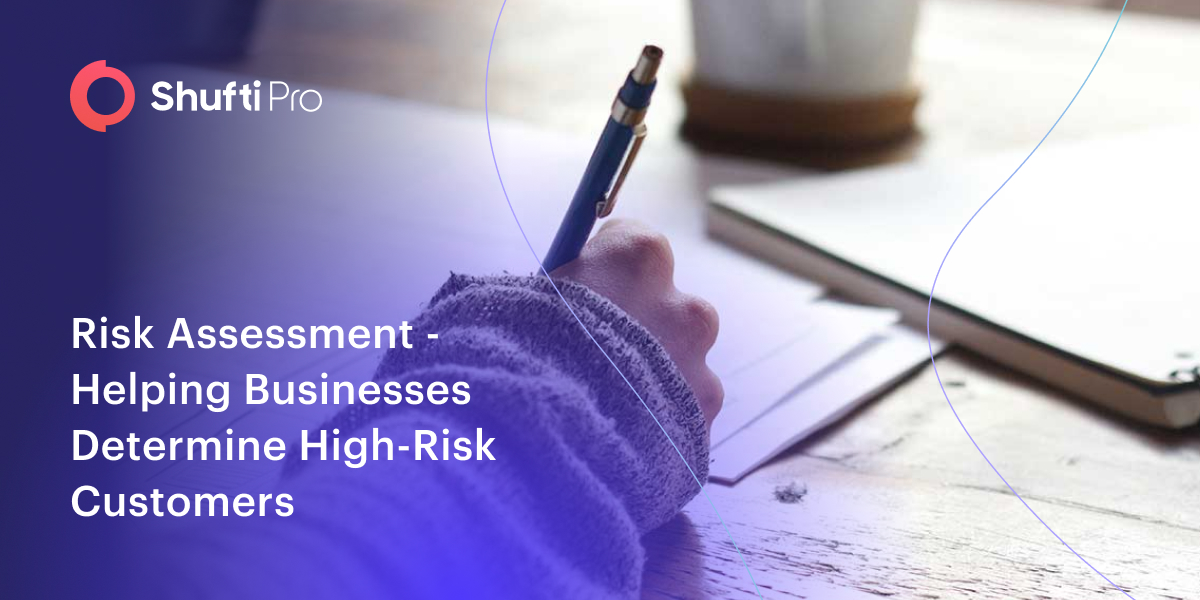


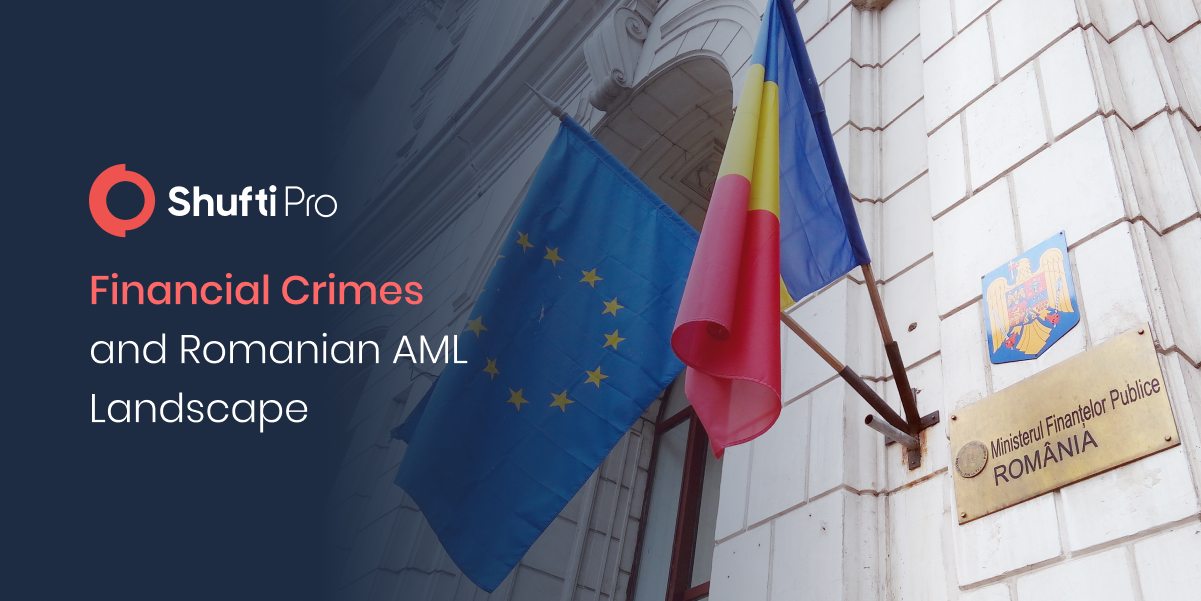








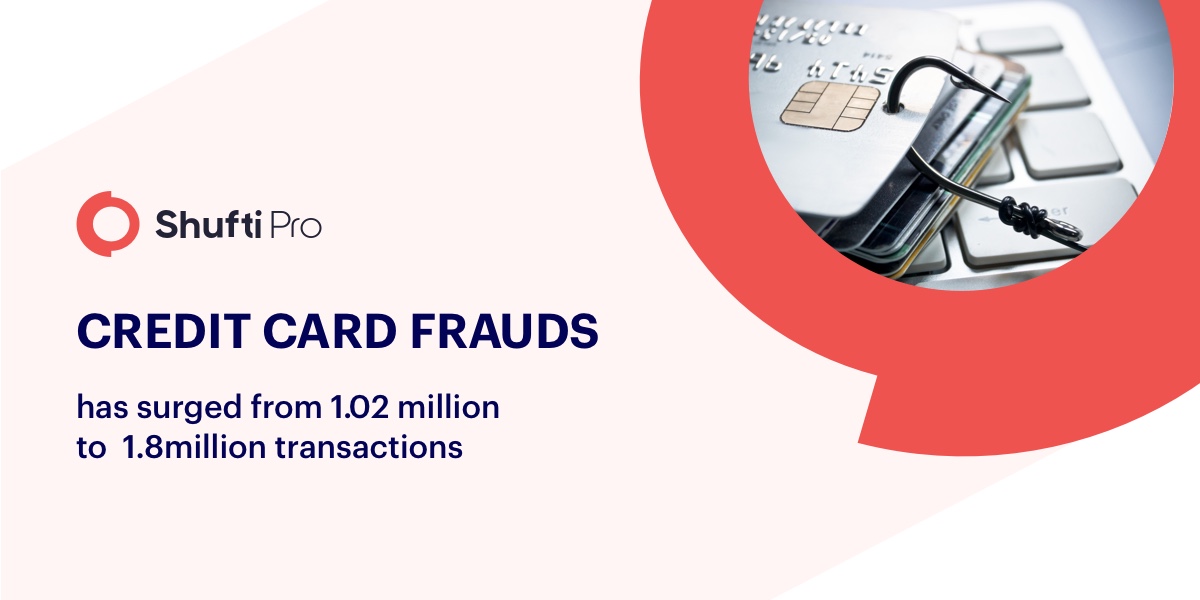








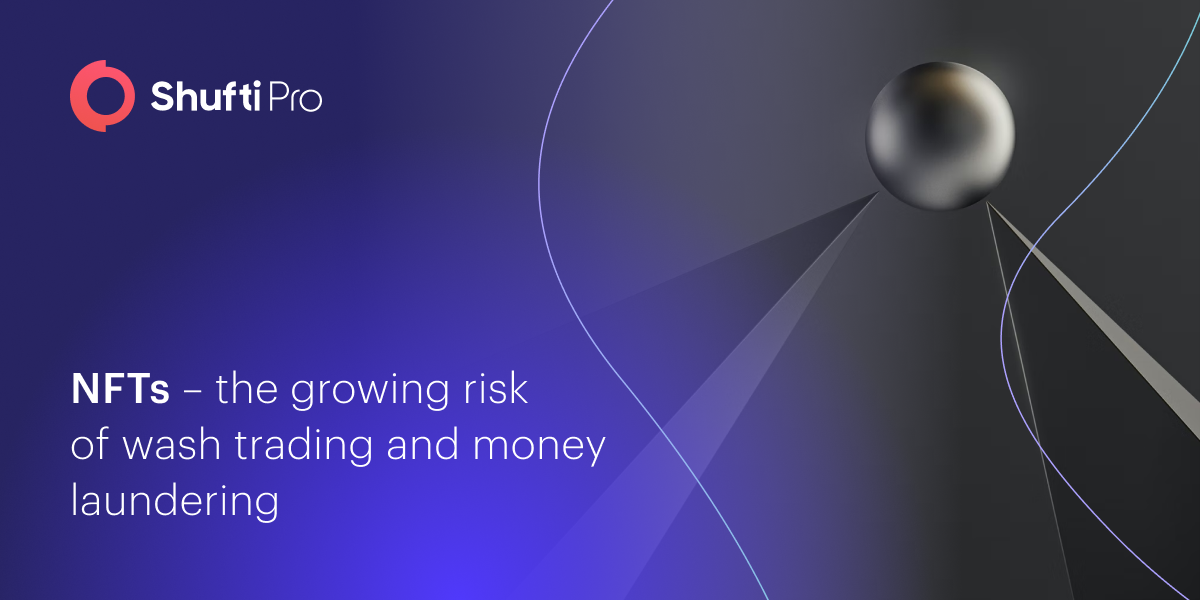












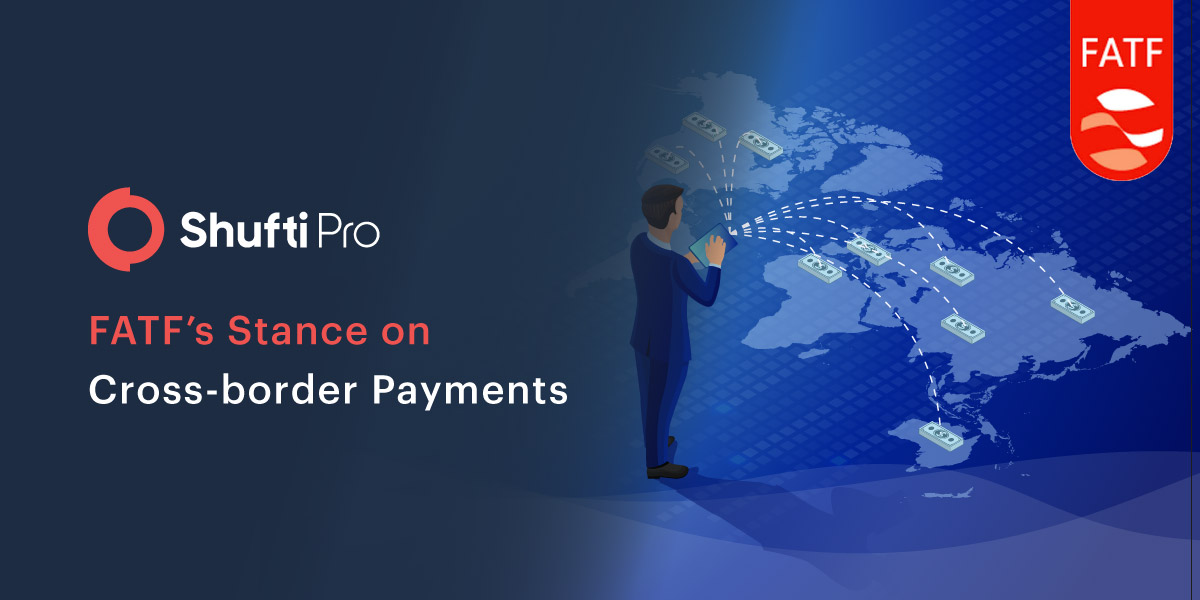
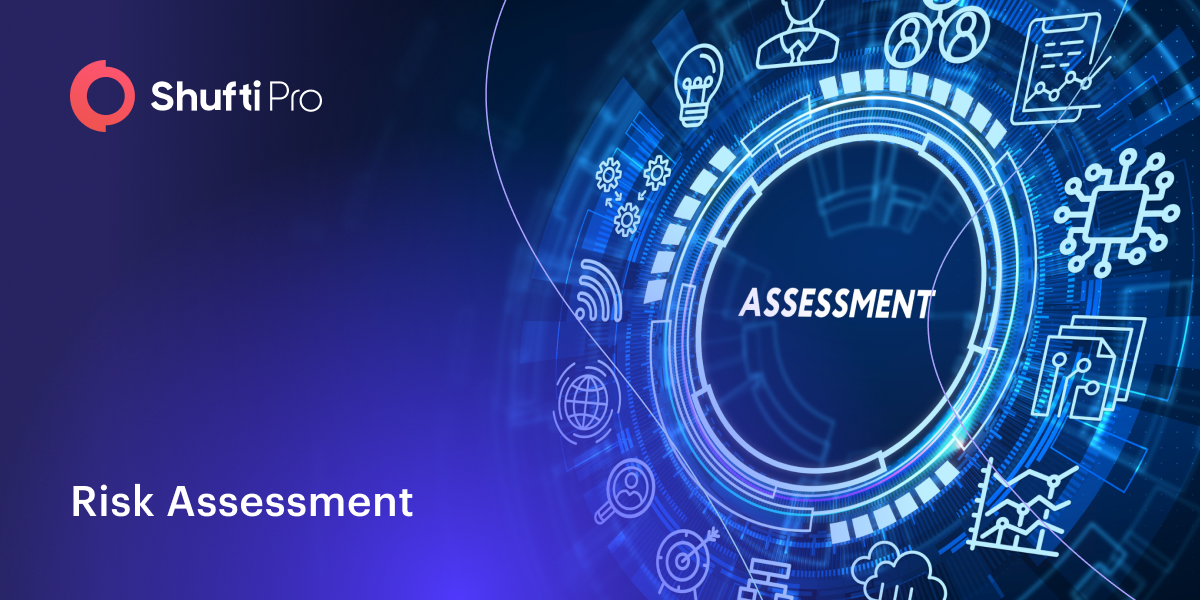














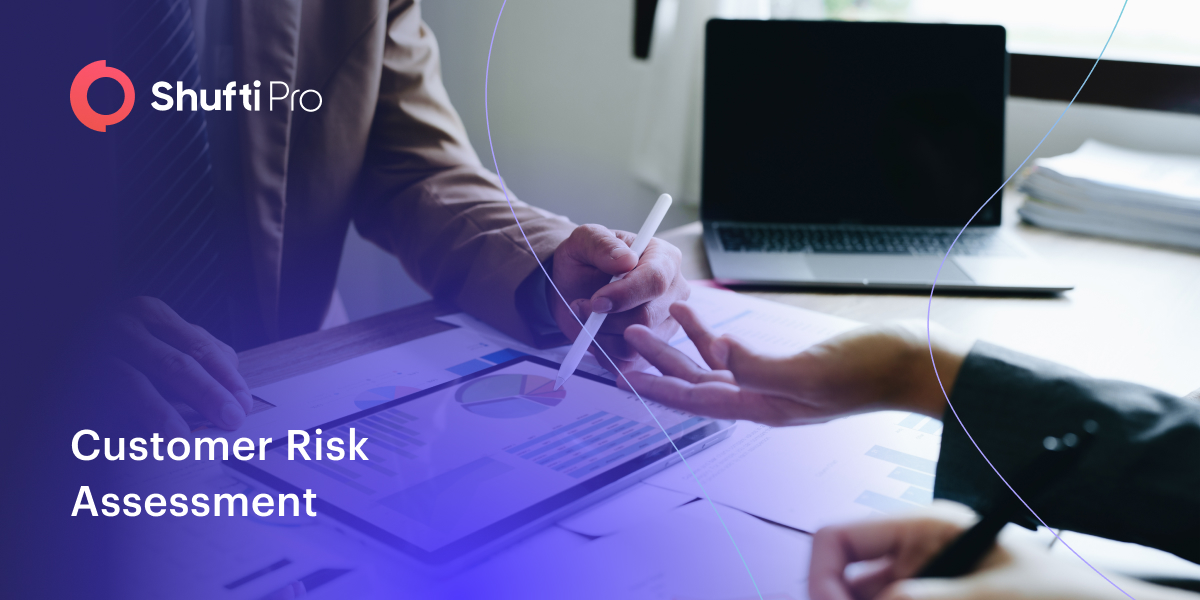


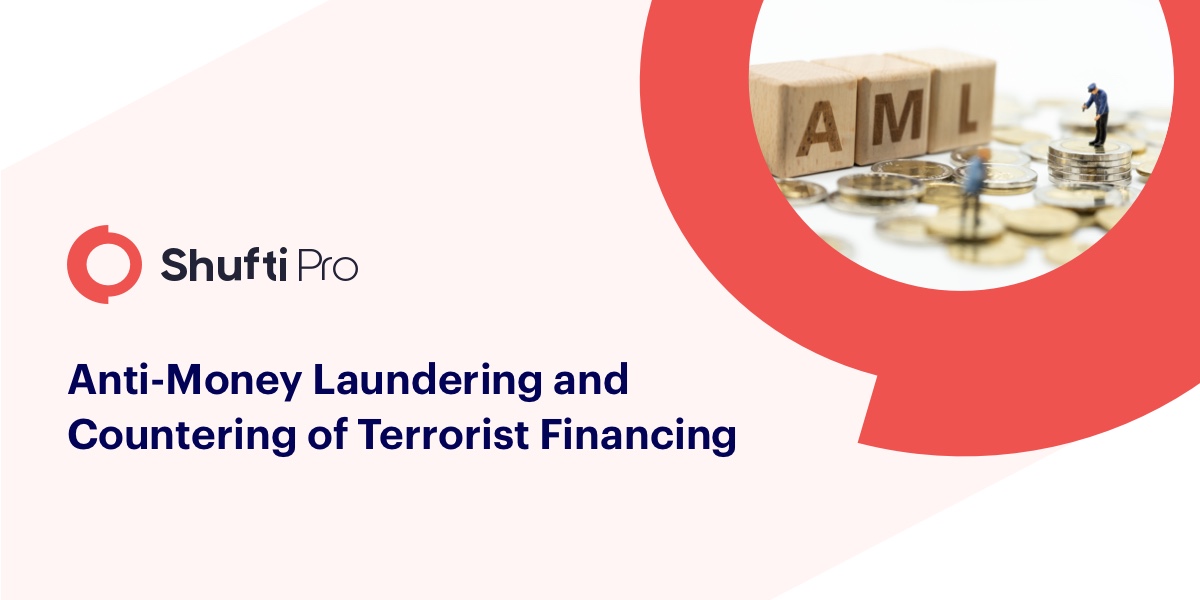


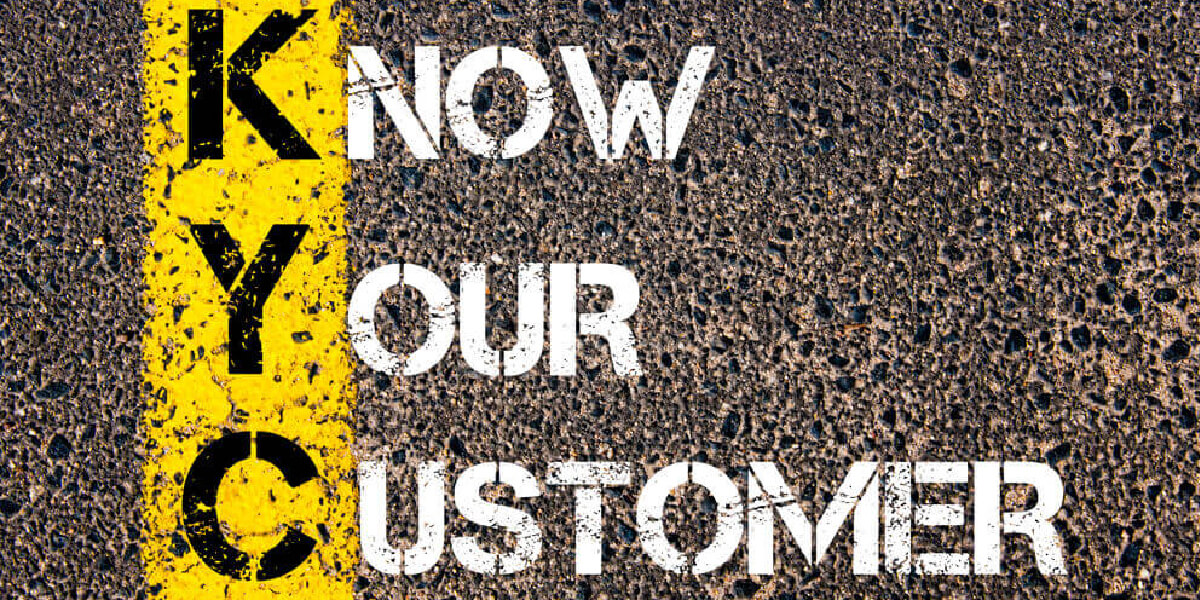

![Singapore’s Digital Payment Token and AML Regulations [2022 Updates] Singapore’s Digital Payment Token and AML Regulations [2022 Updates]](https://shuftipro.com/wp-content/uploads/blog-singa.jpeg)

